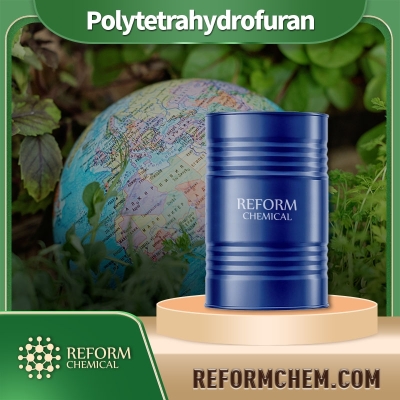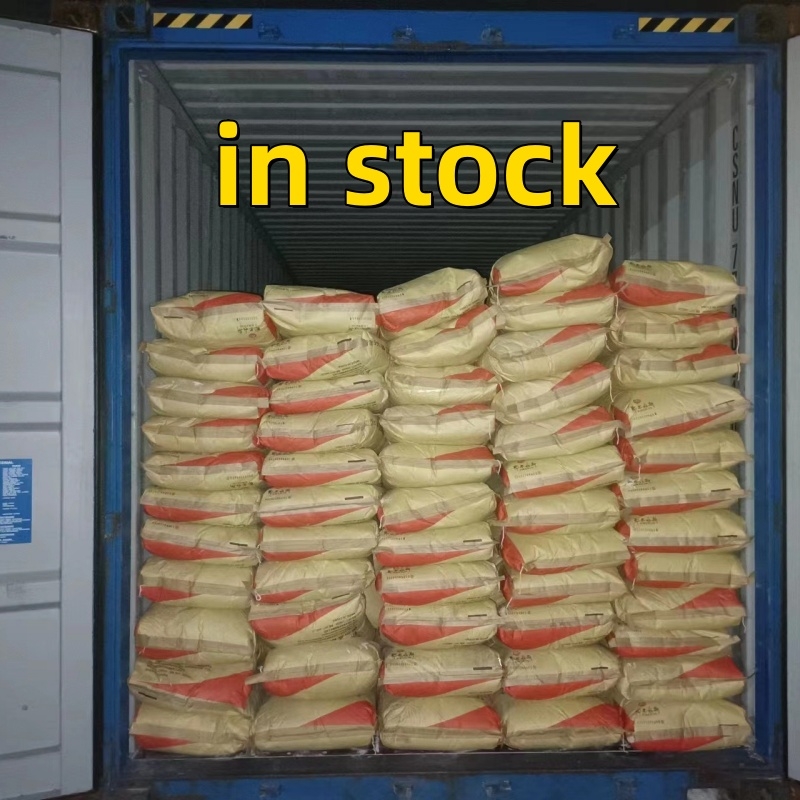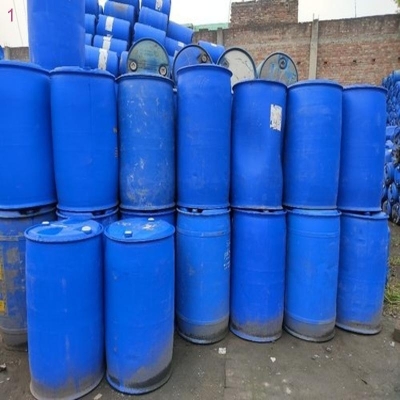-
Categories
-
Pharmaceutical Intermediates
-
Active Pharmaceutical Ingredients
-
Food Additives
- Industrial Coatings
- Agrochemicals
- Dyes and Pigments
- Surfactant
- Flavors and Fragrances
- Chemical Reagents
- Catalyst and Auxiliary
- Natural Products
- Inorganic Chemistry
-
Organic Chemistry
-
Biochemical Engineering
- Analytical Chemistry
-
Cosmetic Ingredient
- Water Treatment Chemical
-
Pharmaceutical Intermediates
Promotion
ECHEMI Mall
Wholesale
Weekly Price
Exhibition
News
-
Trade Service
In the process of wastewater treatment, drinking water treatment, etc.
, compared with traditional flocculants, biological flocculants limit their industrial production and large-scale application
due to their high production cost, low yield and flocculation efficiency.
In response to these problems, Li Xudong's research group at the Chengdu Institute of Biology, Chinese Academy of Sciences recently prepared a biocoagulant MBF using high-yielding strains of Klebsiella, and increased the flocculant yield by 40%
after the optimization of process parameters.
The biological flocculant MBF is mainly composed of polysaccharides and proteins, and the functional groups are mainly -OH, -COO-,- NH2, -CONH-, etc
.
The study found that MBF has a good treatment effect on actual water bodies such as drinking water with high turbidity and dye wastewater, which greatly reduces the amount and harm
of chemical flocculants.
In addition, the results show that the strain has a high flocculent production capacity when corn alcohol wastewater is used as a substrate, which can not only reduce the production cost of biocoagulant, but also have positive significance
for the resource utilization of corn alcohol wastewater.







